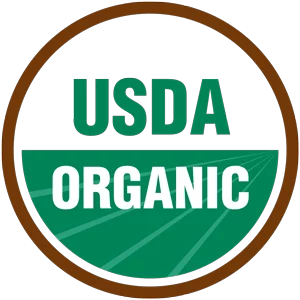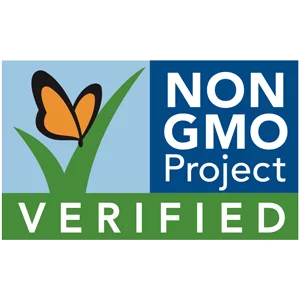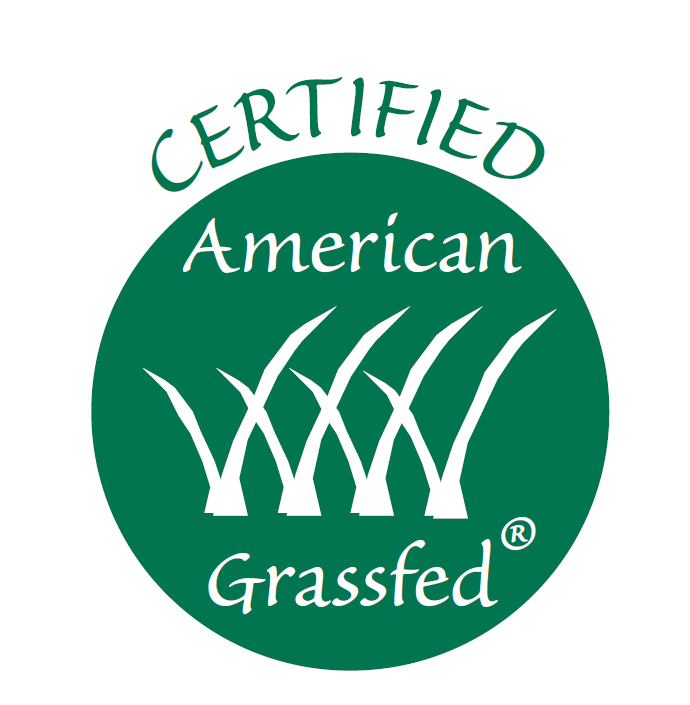Posted by Admin | December 30, 2015
Organic Farming Can Cut Nitrate Leaching in Half
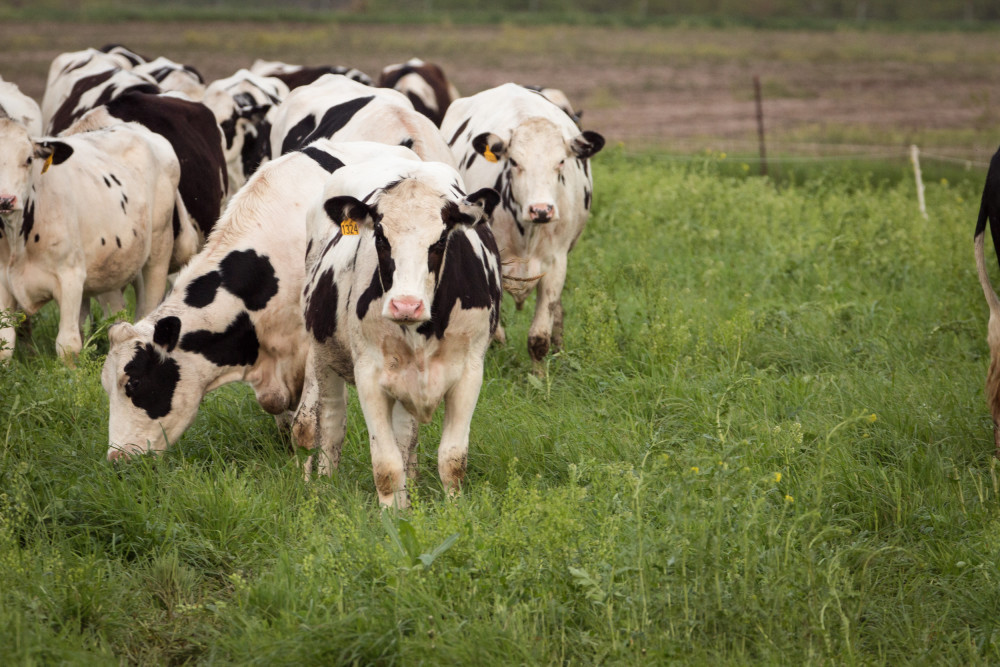
Source: The Des Moines Register. Written by Francis Thicke, Margaret Smith and Paul Mugge. Published on 12/24/2015.
Organic Farming Can Cut Nitrate Leaching in Half
New research indicates that organic farming can be one solution to the problem of excess nitrate in Iowa’s rivers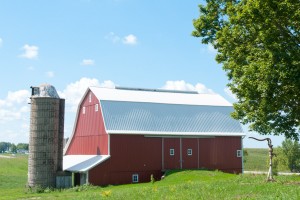
Recent research published by Cynthia Cambardella and Dan Jaynes, USDA Agricultural Research Service in Ames and Kathleen Delate, Iowa State University in the journal “Sustainable Agriculture Research” demonstrated that a typical organic crop rotation reduced nitrate leaching from crop fields by nearly 50 percent, compared to the conventional corn and soybean rotation common in Iowa. The researchers measured how much nitrate leached down through the soil profile and out through the field tile drainage systems, which drain into streams and rivers. Over three years, the conventional corn/soybean cropping system leached a total of 69.7 lb/acre of nitrate-nitrogen, compared to 35.1 lb/acre for the organic cropping system.
How significant is a 50 percent reduction in nitrate leaching? Very! The goals of the Iowa Nutrient Reduction Strategy call for a 41 percent reduction in nitrate leaching across Iowa agriculture. Changing to an organic cropping system could by itselfachieve the goals of the INRS for those farms that make that conversion.
Why does Iowa’s conventional corn and soybean system leach twice as much nitrate as an organic system? Two major reasons: First, certified organic production requires more diverse cropping systems. As in this field experiment, small grain crops (like oats, wheat and rye) and perennial crops (like alfalfa and forage grasses) are normally included in organic crop rotations. As the Science Assessment of the INRS informs us, perennial and small grain crops can be efficient scavengers of soil nitrate. Perennial crops have live roots in the ground all year long, compared to annual crops which have live roots in the ground for approximately five months of the year. Perennial crops provide uptake and recycling of nitrate and protection against nitrate leaching during times of the year when annual crops cannot.
Second, in conventional agriculture, nitrogen is supplied to crops in synthetic, mineral forms. Those forms become rapidly available for crop uptake, but are highly water soluble and susceptible to leaching when rainfall percolates through the soil profile. In organic farming systems, nitrogen is supplied to crops in organic forms — such as legume crops, compost or manure — which are incorporated into the soil. Organic forms of nitrogen are not immediately available for crop uptake or for leaching, but are released slowly throughout the growing season into mineral (plant-available) forms by soil microbes, matching the timing of crop needs for nitrogen during the growing season, thereby reducing the potential for nitrate leaching.
Based on this research led by Cambardella, converting conventional corn and soybean farms to organic farming is one effective option farmers have to reduce the nitrate load in Iowa’s rivers and to help achieve the goals of the INRS.
FRANCIS THICKE, soil scientist and organic farmer, Fairfield; MARGARET SMITH, agronomist and organic farm co-manager, Hampton; PAUL MUGGE, engineer and organic farmer, Paullina, are members of the Iowa Organic Association. Contact: fthicke@iowatelecom.net

